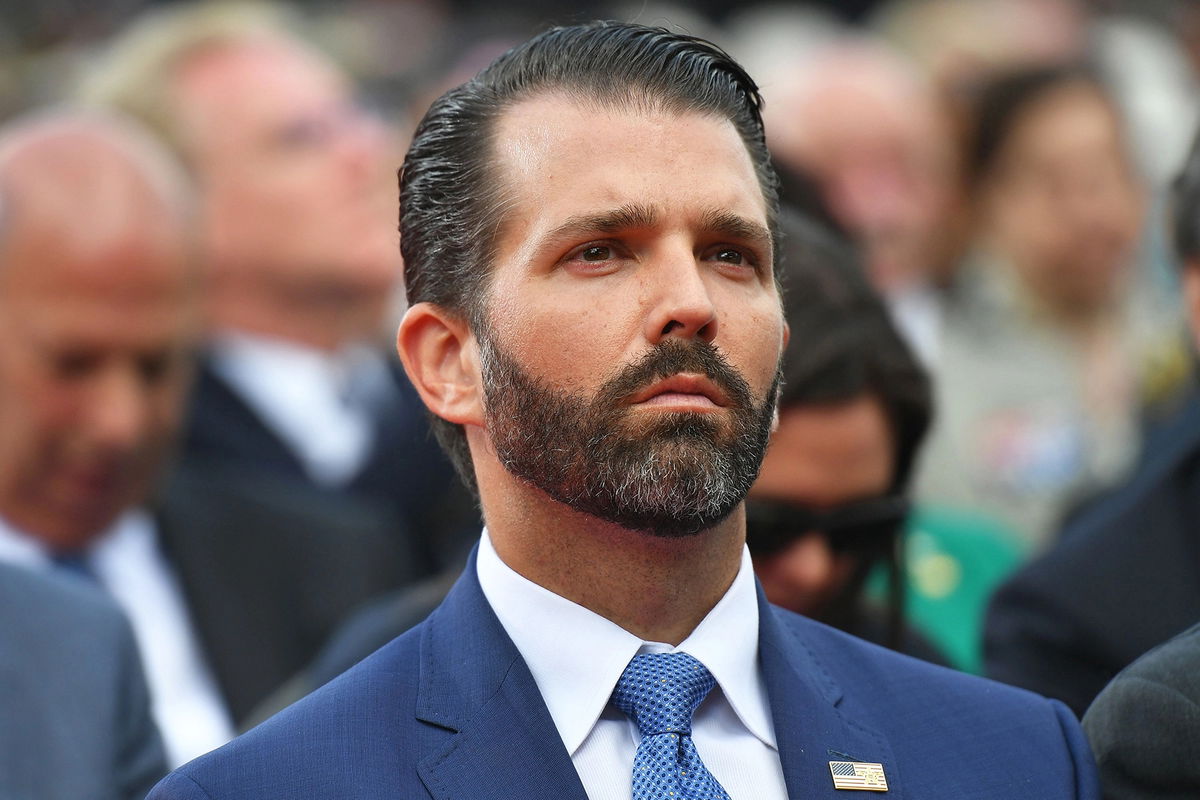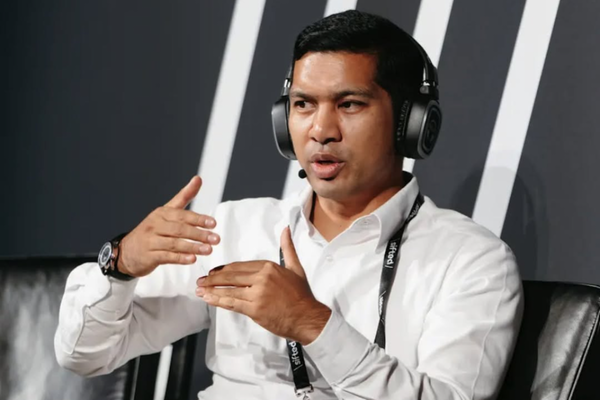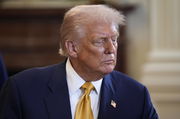

What if breaking world records came with a six-figure bonus and no drug tests? That’s the provocative premise behind the Enhanced Games, a controversial new sporting event set to launch next year in Las Vegas. Promising athletes prize money of up to half a million dollars per event and boasting a lineup of Olympians-turned-rebels, the event markets itself as a revolutionary alternative to what it calls the “failing” Olympic system. But not everyone sees it as bold progress. To some, it’s a ticking time bomb for global sport.
Watch What’s Trending Now!
While the Enhanced Games attempts to dress itself in the language of innovation, it’s drawing outrage from the very institutions that govern sports ethics. Chief among them is the World Anti-Doping Agency (WADA), which has delivered a scathing assessment of the event. “If you want to destroy any concept of fair play and fair competition in sport, this would be a good way to do it,” WADA spokesman James Fitzgerald said.
He didn’t mince words, calling the Enhanced Games a “dangerous and irresponsible concept” that threatens the integrity of international sport. “WADA condemns the Enhanced Games as a dangerous and irresponsible concept and is very concerned about its emergence,” Fitzgerald further added. This isn’t just another alternative league trying to stand out. It’s a calculated revolt against the rules that have shaped global competition for decades.
ADVERTISEMENT
The Games will not conduct drug testing, and in fact, openly encourage performance enhancement through scientific methods. Its founder, Australian lawyer Aron D’Souza, has painted the traditional anti-doping model as outdated and restrictive. And with backing from 1789 Equity, a firm supported in part by Donald Trump Jr., the Enhanced Games has secured funding in the tens of millions.

ADVERTISEMENT
That war chest includes record-breaking incentives for athletes willing to compete outside the boundaries of conventional sport. Former Olympians are already defecting to this new format. Australian swimmer James Magnussen was the first to sign up, and he has since been joined by notable names such as Kristian Gkolomeev, Andrii Govorov, and Josif Miladinov. All of whom boast Olympic experience.
ADVERTISEMENT
Some, like Magnussen, stress they followed WADA protocols during their careers, undergoing extensive drug testing. Now, they’re making a very public break from that world, drawn by the promise of unrestricted performance and substantial cash prizes. But for WADA and its allies, this isn’t a question of choice. It’s a threat to the very foundation of sport. They see the Enhanced Games as an open invitation to abandon fairness, sacrifice health, and embrace chaos.
With its first event scheduled for Memorial Day weekend in 2026, the showdown between traditional sporting authorities and this rogue upstart is only just beginning. And while the Enhanced Games may promise to celebrate human potential unbound, its critics fear it could leave behind a scorched field where ethics, safety, and credibility once stood. And not only WADA, but the Sports Integrity Australia too, has rebuked the E-games vehemently.
ADVERTISEMENT
Australian authority slams Enhanced Games in fierce warning over athlete safety and ethics
As the controversial Enhanced Games inch closer to becoming reality, a national sporting authority has issued a damning warning that threatens to shake the foundation of the Trump Jr.-backed project. Sport Integrity Australia (SIA), the country’s leading anti-doping agency, has gone on record condemning the very ethos of the event, calling it a dangerous deviation from ethical sport.

ADVERTISEMENT
“We work to ensure that sport is safe and fair for all,” SIA stated in a scathing release. The statement further read, “The Enhanced Games is promoting the complete opposite and poses a significant risk to athlete health and safety while undermining the fundamental values of sport in Australia.” Their stance has found strong backing from the Athlete Advisory Group (AAG), which emphasized that performance-enhancing drug use, even when medically supervised, promotes “doping as entertainment” and distorts the very spirit of competitive sports.
Top Stories
PGA Tour Pro Loses His Cool After Being Denied Entry Into WM Phoenix Open Field

Giannis Antetokounmpo All but Confirms Warriors Trade With 6-Figure Decision: NBA Rumor

Brooks Koepka’s Unscathed Return Upsets Viktor Hovland as PGA Tour Pro Refuses to Hold Back

U.S. Senator Announces Bad News For NFL Fans After Donald Trump’s Ruling on ESPN’s Billion-Dollar Takeover

Josh Allen’s Former Coach Breaks Silence on Buffalo Exit as Joe Brady Assembles Bills’ Staff

Mike McCarthy Receives Bad News as Aaron Rodgers’ Return to Steelers Faces Major Setback

While Enhanced Games organizers tout high-tech health monitoring and ethical oversight, Australian authorities remain unconvinced. AAG, composed of former elite athletes, expressed particular concern over the ripple effect such a spectacle could have on younger generations. “We are concerned about the negative role modeling impact on young athletes in particular,” the group declared.
ADVERTISEMENT
Their fear isn’t just philosophical. Rather, it’s about the real-world consequences of normalizing drug use under the guise of athletic progress. As the countdown to the 2026 debut in Las Vegas begins, the pushback from Australia signals a mounting international resistance that may grow harder for the Enhanced Games to ignore.
ADVERTISEMENT
ADVERTISEMENT
ADVERTISEMENT